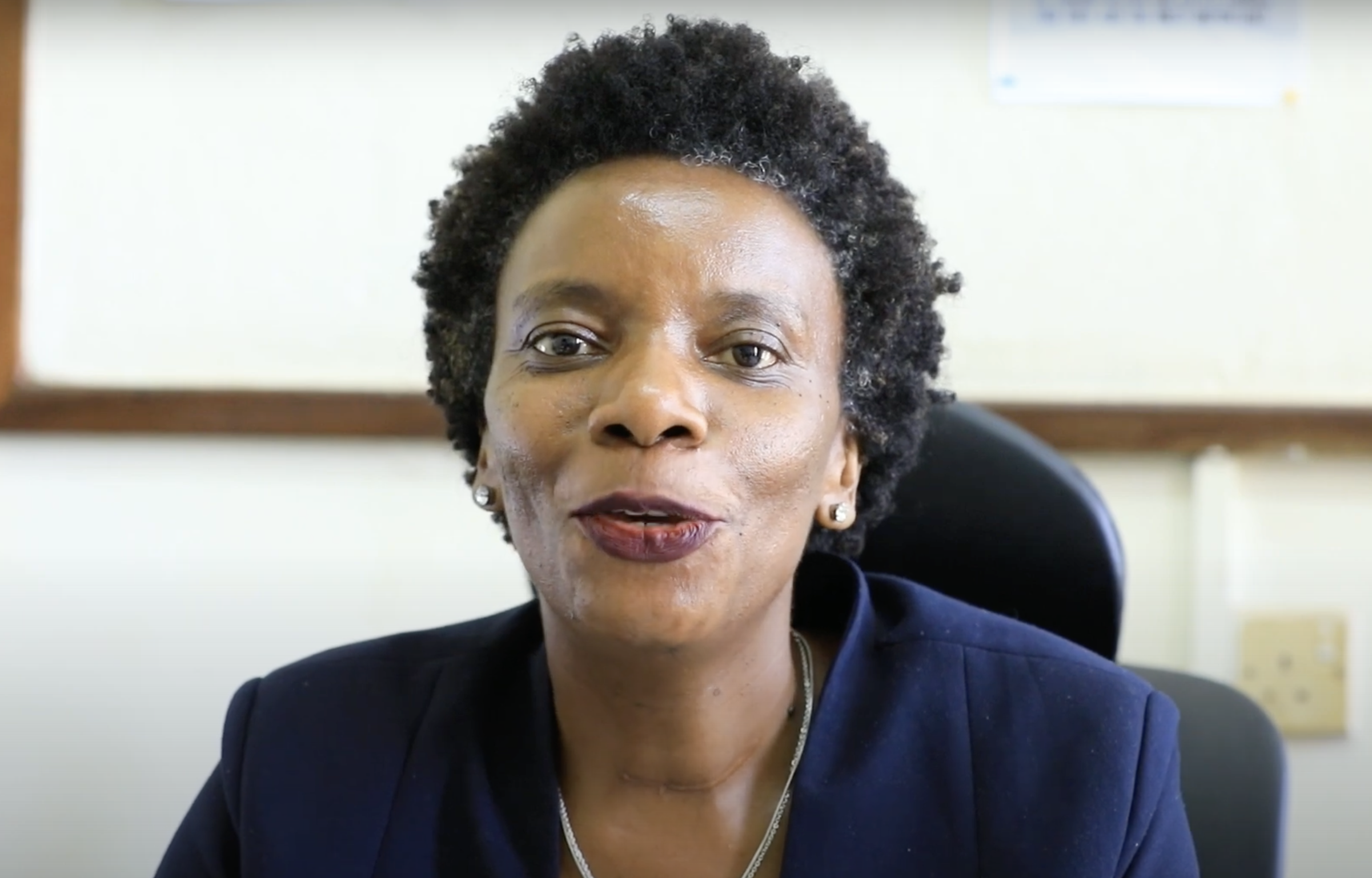AI and Education: Shaping the Future on International Day of Education 2025
By Adam Seymour / GICJ
The theme for the 2025 International Day of Education will highlight the transformative impact of Artificial Intelligence (AI) in reshaping education. AI has the potential to revolutionise teaching, personalise learning, and improve student outcomes. Education is a fundamental human right, a shared responsibility, and a public good. Every year on 24 January, the United Nations celebrates the International Day of Education, emphasising the vital role of education in promoting peace, development, and social well-being. This day serves as a reminder of education’s power to break down barriers to gender equality, reduce poverty, and empower individuals to lead fulfilling lives.
The Importance of Inclusive and Equitable Education
Education is not simply about acquiring knowledge; it is the foundation upon which societies are built. Without inclusive, equitable, and quality education, the world will struggle to achieve gender equality and overcome the persistent cycles of poverty that leave millions of children, youth, and adults behind. Education unlocks potential, fosters understanding, and promotes sustainable development, making it an essential tool for social transformation.
However, much remains to be done to ensure education is accessible to all, particularly in conflict-affected regions. The United Nations, along with its partners including UNESCO and UNICEF, continues to advocate for increased investment in education, especially in areas where children are deprived of learning opportunities due to crises or instability.
Artificial Intelligence in Education
Artificial Intelligence (AI) can support teachers by automating administrative tasks, such as lesson planning and assessments, freeing up valuable time for meaningful student interaction. Additionally, AI offers the ability to provide personalised learning pathways for students, particularly in areas where teachers face challenges in meeting the diverse needs of their learners. AI tools can assist students with learning disabilities and adapt instructional content to suit individual learning styles.
Key Benefits of AI in Education:
- Streamlining Teacher Workloads: AI can simplify teachers’ tasks by assisting with lesson plans, activities, and assessments. It can also help with documentation and create artwork for various educational materials. By automating these processes, AI saves teachers valuable time, enabling them to focus on other important tasks.
- Personalised and Special Education Support: AI has the potential to enhance personalised learning and special education. Teachers are using AI tools to tailor instructional content to the needs of individual students, including those with learning differences, ensuring that each learner receives appropriate support.
- Customising Instructional Materials: AI can help teachers adjust and modify instructional content to better suit the needs of their students. Teachers can use AI to make lessons more accessible and grade-level appropriate, thereby enhancing the learning experience for all.
Source: Diliberti, M.K., Schwartz, H.L., Doan, S., Shapiro, A., Rainey, L.R., & Lake, R.J. (2024). Using Artificial Intelligence Tools in K–12 Classrooms. RAND Corporation.
An example of AI in action, as outlined by the World Economic Forum, is the Kabakoo platform, which uses an AI-enabled virtual mentor to provide 24/7 support to learners in West Africa, offering guidance, resources, and personalised feedback. The virtual mentor is also being developed to offer training in local languages, such as Bambara in Mali, promoting accessibility and inclusivity. A pilot programme at Kabakoo showed a 23% increase in growth mindset among learners and a 44% increase in income six months after completing the programme.
Example: Kabakoo Learning Platform
Shaping the Future of Learning: The Role of AI in Education 4.0, World Economic Forum (Accessed: 14 January 2025).
However, AI should be viewed as complementary to, not a replacement for, teachers. The World Economic Forum stresses that AI should enhance, not replace, the work of educators, allowing them to focus on building relationships with students and fostering critical thinking, creativity, and emotional intelligence.
The role of the teacher
As a teacher with over 17 years of experience, I witness daily the exceptional work educators do in supporting young people. While I was initially sceptical of AI, I now use it to develop resources and streamline administrative tasks, allowing me more time to review students' work and engage in meaningful conversations. I agree with the International Baccalaureate (IB) in recognising that, rather than shying away from artificial intelligence, we should embrace the opportunities these tools offer to enhance learning experiences and provide additional support to students.
The World Economic Forum recently emphasised that AI should be used to enhance, rather than replace, the role of teachers. It is envisioned as a tool to alleviate educators' workloads by automating routine tasks. This perspective aligns with insights from the Organisation for Economic Co-operation and Development (OECD), which has identified repetitive administrative duties as a significant obstacle to effective teaching and planning. The OECD suggests that these tasks could be efficiently managed with AI support. Luckin (2018) further reinforces this view, highlighting that one of AI’s greatest promises lies in relieving teachers of administrative burdens. This would enable educators to focus their energy on the more complex, human-centred aspects of education, such as building relationships with students, understanding their individual needs, and fostering motivation—elements that technology cannot replicate.
Promoting Equity in AI Education
While developed nations are embracing AI technologies in their classrooms, it is essential that these advancements are shared with developing nations to bridge the educational divide. Private schools, especially those in developed regions, have a responsibility not only to invest in platforms like Kabakoo but also to ensure that knowledge and resources are extended to underserved regions. According to Vision Research Reports, the private education market was valued at USD 2.55 trillion in 2023, highlighting the substantial resources available to drive AI adoption and educational innovation worldwide. Private schools, as educational leaders, possess greater financial resources, autonomy, and access to global networks compared to state schools, which are often constrained by limited budgets and government regulations. This unique position grants private schools not only the capacity but also the ethical obligation to lead in the proliferation of AI technologies within the developing world.
Lastly, as Nelson Mandela famously said, "Education is the most powerful weapon which you can use to change the world." By harnessing the potential of AI and ensuring that education systems globally are equipped to use this technology effectively, we can create a more inclusive and equitable future for all.
Geneva International Centre for Justice (GICJ) commends the ongoing efforts of UNESCO, the World Economic Forum, and the United Nations in using education as a vital tool for promoting peace, development, and human rights. Education is crucial in addressing global challenges, including inequality and the potential impacts of AI on future generations. We urge individuals, particularly those in developed nations and private educational institutions, to contribute their expertise toward creating a more equitable and just society. Private schools, in particular, should play a proactive role in transferring AI technology and training within education, fostering global collaboration and knowledge-sharing to bridge technological and educational gaps.
#Education #AIinEducation #SustainableDevelopmentGoals
#InternationalDayOfEducation #QualityEducation #GICJ #PeaceThroughLearning
References:
- UNESCO - International Day of Education: https://www.unesco.org/en/days/education?utm_source=chatgpt.com (Accessed on 14 January 2025)
- UNICEF - Education Disrupted in Conflict Zones: https://www.unicef.org/education-under-attack?utm_source=chatgpt.com (Accessed on 14 January 2025)
- UN Sustainable Development Goal 4 - Quality Education: https://www.undp.org/sustainable-development-goals/quality-education (Accessed on 14 January 2025)
- Shaping the Future of Learning - World Economic Forum: https://www.weforum.org/publications/shaping-the-future-of-learning-the-role-of-ai-in-education-4-0/ (Accessed on 14 January 2025)
- Kabakoo AI-enabled Learning Platform: https://www.kabakoo.africa/ (Accessed on 14 January 2025)
- Vision Research Reports - K-12 Education Market: https://www.grandviewresearch.com/industry-analysis/k-12-education-market-report (Accessed on 14 January 2025)
- International Baccalaureate - AI in Learning, Teaching, and Assessment: https://www.ibo.org/programmes/artificial-intelligence-ai-in-learning-teaching-and-assessment/ (Accessed on 14 January 2025)
- Luckin, R. (2018) Machine Learning and Human Intelligence: The Future of Education for the 21st Century. London: UCL IOE Press.







